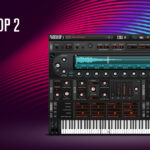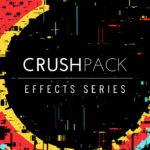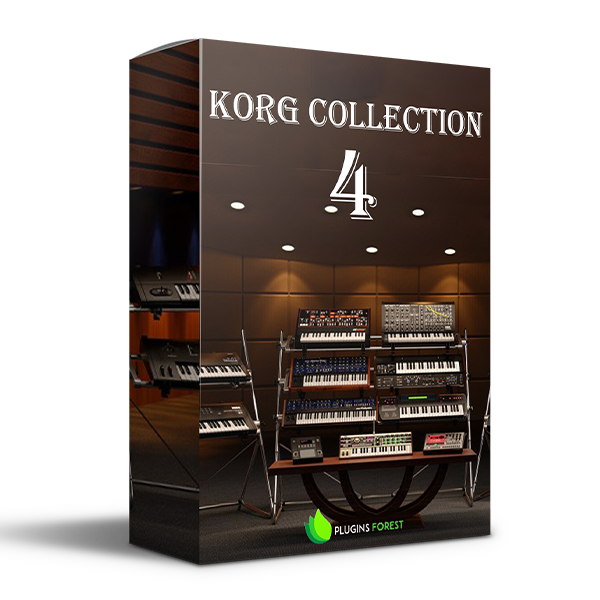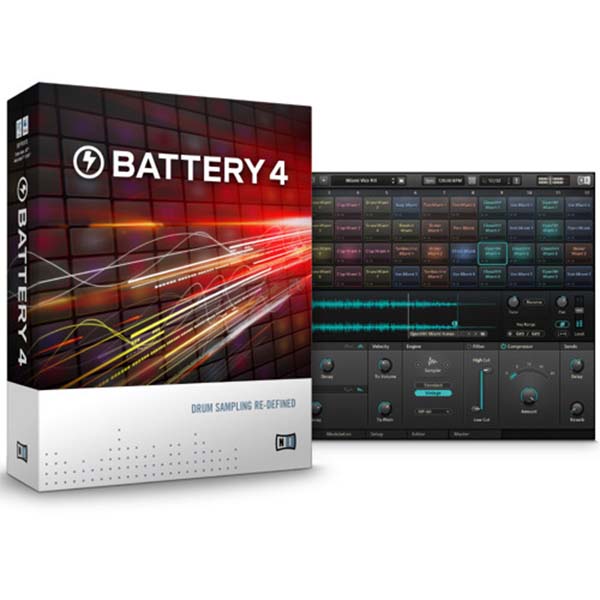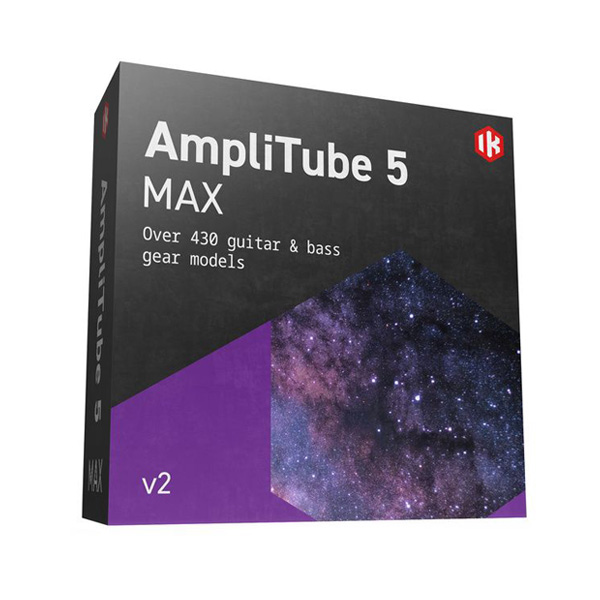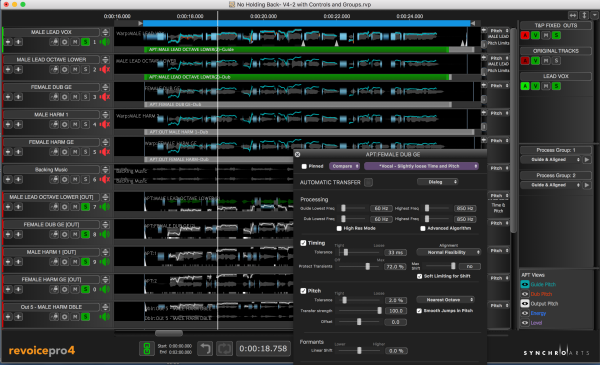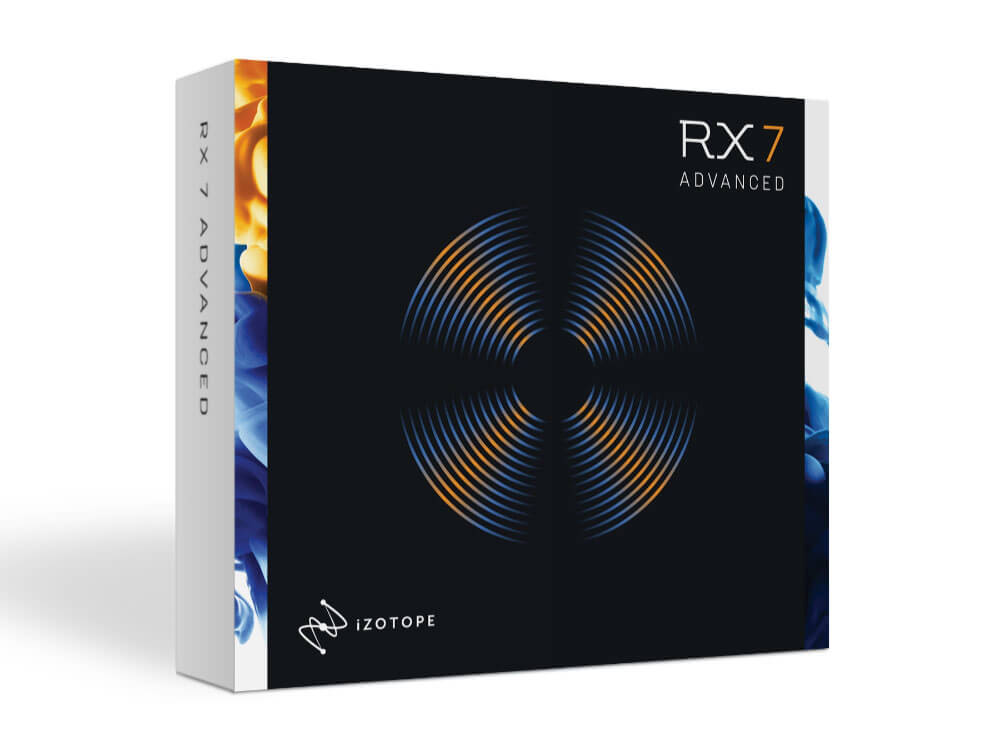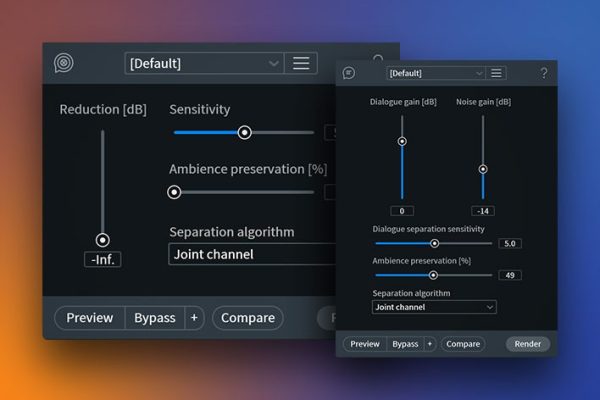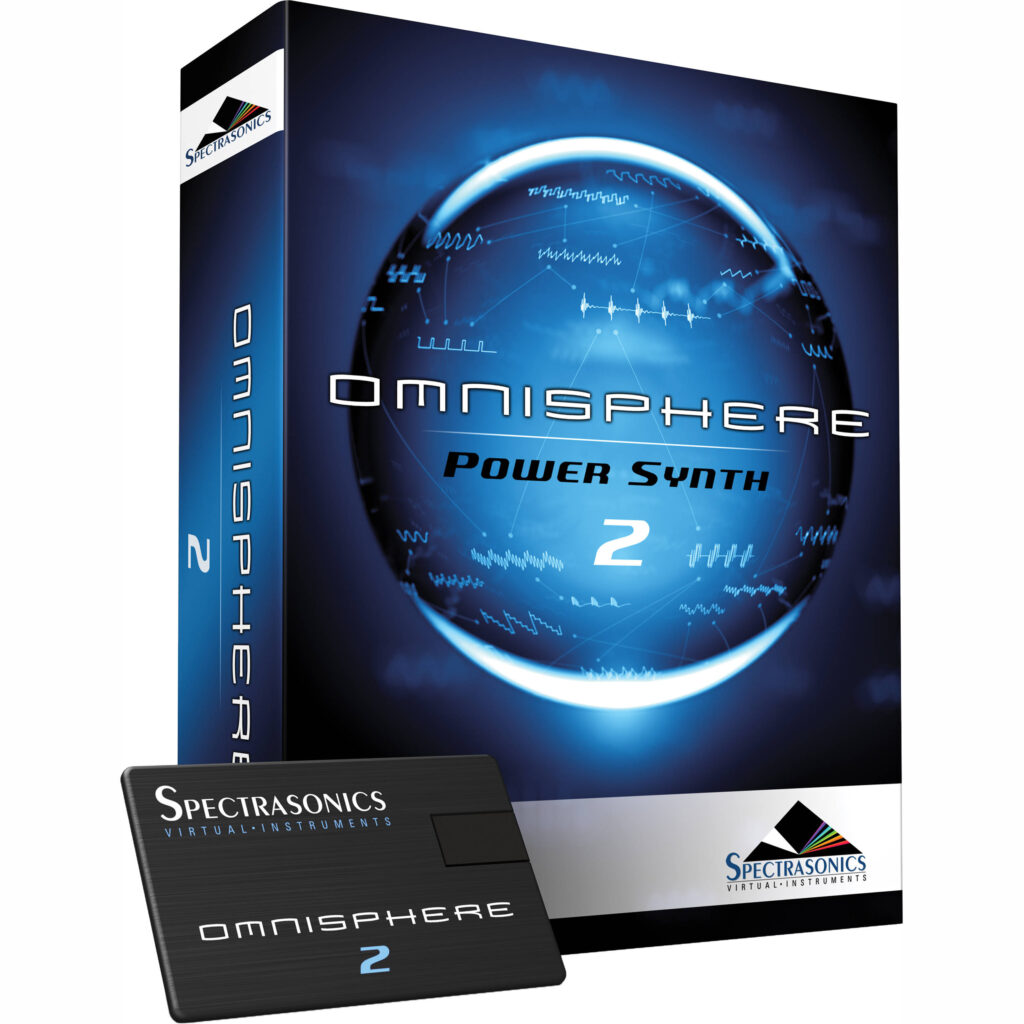KORG Collection 4 (Windows)
System Requirements:
- Windows 10,11 (64bit Only)
- Instant Download
- 8 GB RAM, 8 GB free disk space (SSD recommended)
- Lifetime Activation/ Future Free Updates
- VST, VST3
£39.99
Guaranteed Safe Checkout

Features & Compatibility
Include all plug-ins
- ARP ODYSSEY v1.5.0
- ELECTRIBE-R v1.0.2
- KAOSS PAD v1.0.2
- LegacyCell v1.8.0
- M1 v2.4.0
- MDE-X v2.4.1
- microKORG v1.0.2
- miniKORG v1.1.0
- MonoPoly v2.4.1
- MS-20 v2.4.1
- opsix native v1.0.7
- Polysix v2.4.1
- Prophecy v1.6.0
- TRITON Extreme v1.1.0
- TRITON v1.4.0
- WAVESTATION v2.4.0
From the dawn of synthesizers to the 2010s, KORG has been a leader in analog synthesizer technology. From the digital synthesizer pioneer M1 which defined an era to the KRONOS that changed existing notions, KORG has been cutting-edge for decades. Since the development of the KORG Legacy Collection series in 2004, Component Modeling Technology (CMT) has become one of KORG’s most important technologies. Combining the passions of these two fields, it is a clever reproduction of analog circuits in the digital domain.
In other words, CMT does not simply simulate the output sound like previous modeling techniques. It leverages digital models of the components used in analog products like transistors, capacitors, and resistors. Using CMT, we have been able to completely capture the sound and behavior of the original analog synthesizers.
CMT is a technology that has its roots in KORG’s thorough knowledge of the foundation of analog circuits. Beginning first with an investigation into the original model, KORG conducted an examination combining the measured values of the actual equipment with an analysis of the circuit blueprint. On top of that, everything from the complicated interactions of circuits to the special characteristics of each individual diode clip was tested on a computer-based circuit design system.
After going through this stage of thorough research, the software model was constructed. Using the KORG Collection ARP ODYSSEY as an example, the numerical values and voltage of the actual components were written in the software source code itself. In this way, KORG was able to achieve the goal of creating an electric signal with the exact same method as the original device. Attention to detail was paid to all the features of the original, including the three different characteristics of the low-pass filter, the subtle VCA soft clipping, the authentic envelope form, and the characteristic curve of the portamento. Also, in order to give it unpredictability, which is essential to the warm organic feeling characteristic of analog, the changes in reaction time were finely adjusted.
With a wealth of knowledge and experience in the digital field, KORG understands that digital audio has a fundamentally different aspect from analog, so copying the analog circuits to the letter does not always produce the best result. The most essential reason why this is so is that although the range of frequencies in analog audio is theoretically infinite, in the case of digital it becomes limited to half the sampling rate. This is the problem. There is a portion in various analog layouts that relies on an infinite frequency range. For example, the keen edge of an analog oscillating circuit produces tremendously high frequencies. This is no problem for the analog circuits, but in the digital realm it will bring about aliasing and the sound quality will be destroyed by unwanted side bands and distortions that are clearly not analog-like.
CMT is the culmination of several decades of experience and results in both the analog and digital fields and is the realization of the best combination of both digital and analog technologies.

